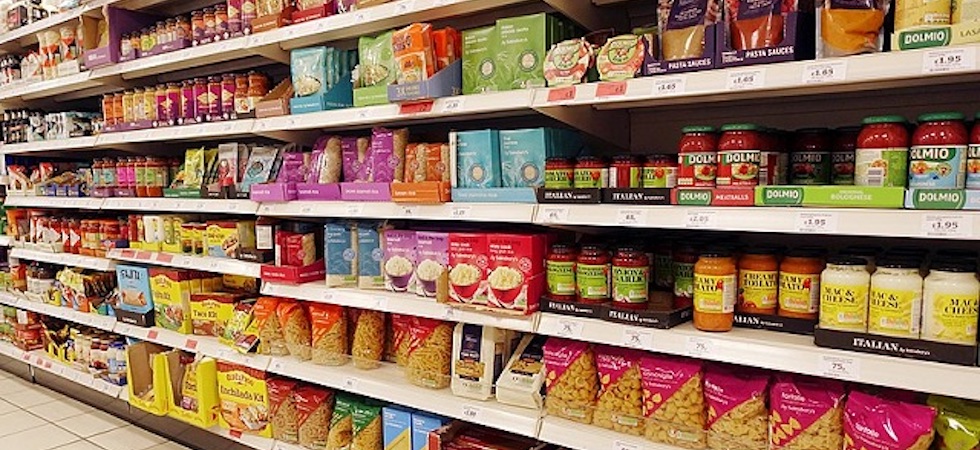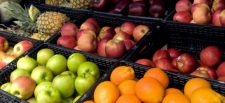NFU’s president, Minette Batters has said the comments from Tesco’s chairman, John Allan, that it was “entirely possible” that some food producers were unnecessarily hiking up prices must come from: “Living in a parallel universe.”
Talking to the BBC’s Laura Kuenssberg this weekend Allan said: “We have a team who can look at the composition of food, costs of commodities and work out whether or not these cost increases are legitimate.”
Allan’s comments come after Tesco was reported to have “fallen out” with several suppliers following “robust” talks over price increases the retailer had questioned.
Tracker records from the consumer watchdog Which? that record thousands of product prices across the major supermarkets found that overall, Lidl’s prices had the highest increase in December at 21.1%, when compared with this time last year, with Aldi next at 20.8%.
Speaking to the BBC’s Wake up to Money podcast Minette Batters said: “We are seeing wholesale gas prices 650pc higher than it was back in 2019 and the cost inflation on the back of that has been unprecedented. It has dwarfed any price increases to date.”
Karen Betts, chief executive of the Food and Drink Federation, has described Allan’s observation as “difficult.”
Speaking to BBC Radio 4’s Today programme she commented: “Supermarkets are very tough on this. Most supermarkets are asking suppliers to open their books to justify exactly line by line where the cost increases are coming in.
“I think it is difficult for Tesco to come out and say they think companies might be profiteering.
“I think they absolutely have the evidence for every single price rise.”
As ONS inflation data for December has shown food and drink price inflation is continuing to rise, whilst headline inflation slowed for a second month in a row in December, down to 10.5%.
The rate of inflation eased to 10.5%, down from a 41-year high of 11.1% recorded in October 2022. Meanwhile, food and drink inflation rose for the seventh consecutive month to 16.9%.
Speaking last week Karen Betts said that the rise in inflation continues to be driven by the aftermath of the disruption cause by Covid-19, the war in Ukraine and poor harvests as a result of extreme weather conditions last year – including widespread drought across Europe.
She said: “The increased costs of ingredients, energy, packaging and the movement of goods in and out of the UK alongside the relative weakness of the pound have only made the situation worse for UK manufacturers.”









